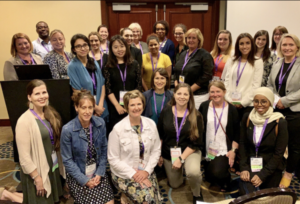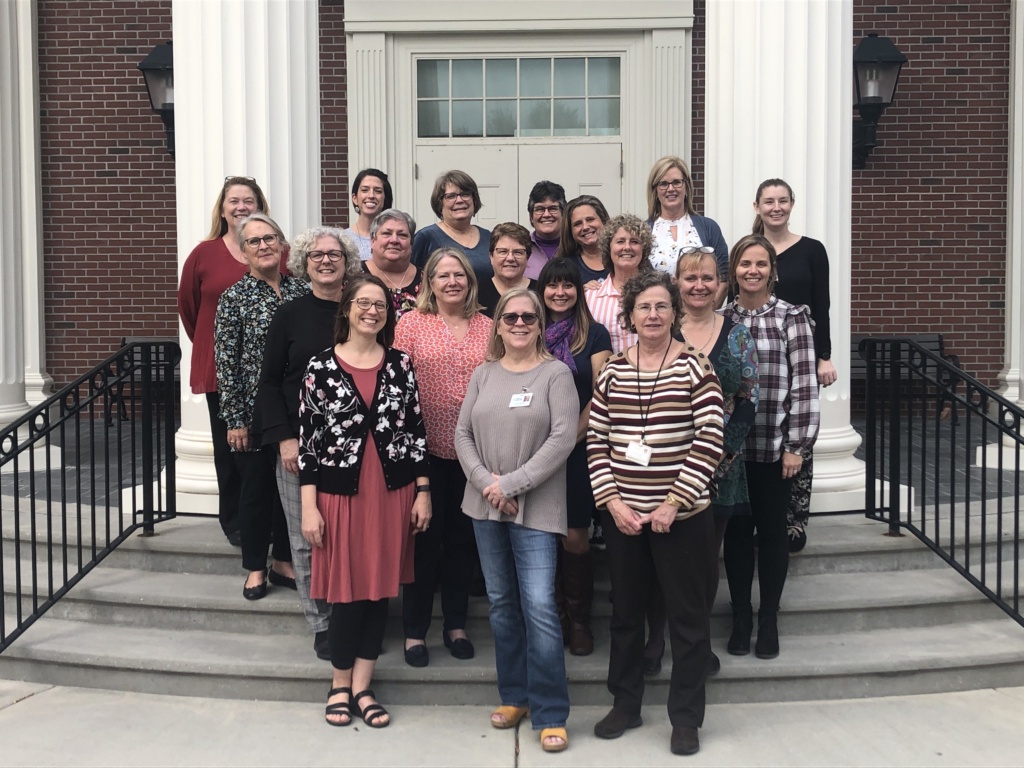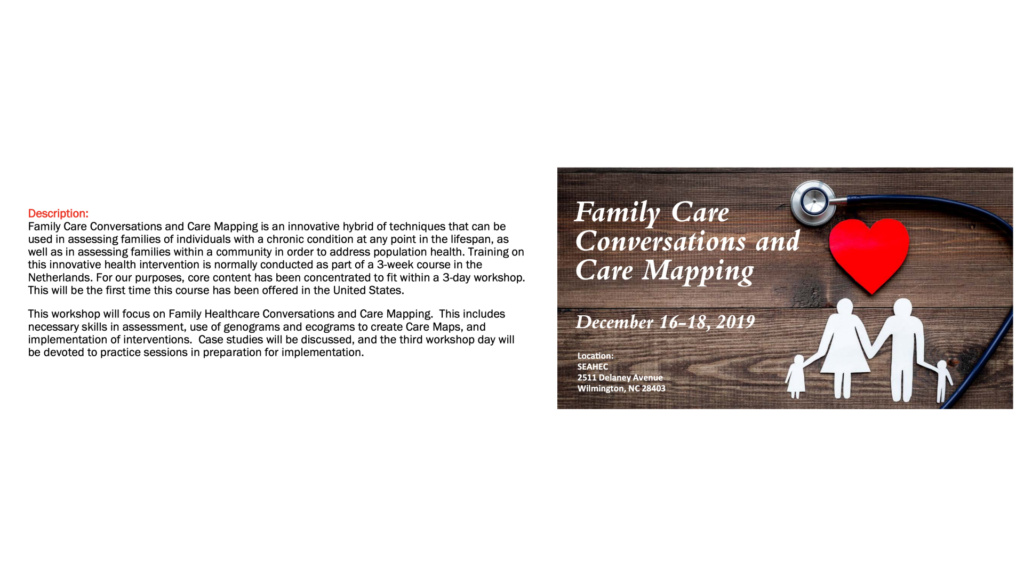 The IFNA Student Engagement Group was recently organized at the 14th International Family Nursing Conference (IFNC14) in August 2019 to both support and network with other graduate students and junior researchers interested in family nursing. Composed of students and recent graduates, the group understands the demands of classes, qualifying exams, dissertations, and research projects, paired with the balance of other life responsibilities.
The IFNA Student Engagement Group was recently organized at the 14th International Family Nursing Conference (IFNC14) in August 2019 to both support and network with other graduate students and junior researchers interested in family nursing. Composed of students and recent graduates, the group understands the demands of classes, qualifying exams, dissertations, and research projects, paired with the balance of other life responsibilities.IFNA Organizes a Student Engagement Group
 The IFNA Student Engagement Group was recently organized at the 14th International Family Nursing Conference (IFNC14) in August 2019 to both support and network with other graduate students and junior researchers interested in family nursing. Composed of students and recent graduates, the group understands the demands of classes, qualifying exams, dissertations, and research projects, paired with the balance of other life responsibilities.
The IFNA Student Engagement Group was recently organized at the 14th International Family Nursing Conference (IFNC14) in August 2019 to both support and network with other graduate students and junior researchers interested in family nursing. Composed of students and recent graduates, the group understands the demands of classes, qualifying exams, dissertations, and research projects, paired with the balance of other life responsibilities.




